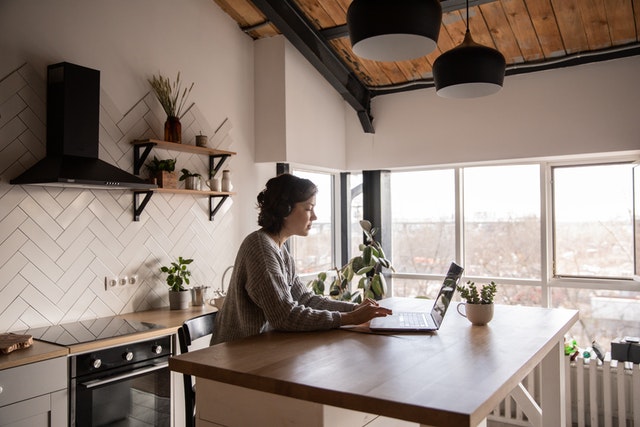It’s great, it gives flexibility to staff, it helps to create a positive work-life balance and staff who work from home are more productive.
It’s terrible, people who work from home get distracted by coffee and cheese (according to The Prime Minister), and people working from home are far less productive.
Opinions about working from home are certainly polarised and for many the initial novelty of working from home during the early months of the pandemic appears to have worn off. Some employees want to continue to work exclusively from home, some want to work on a hybrid basis and others are keen for a full time return to the workplace. According to the Office for National Statistics 30% of the UK workforce is working remotely at least once a week so far in 2022, with 85% of workers wanting to use a hybrid approach of both home and office working in future. In contrast, research carried out for the article Working from home is revolutionising the UK labour market | VOX, CEPR Policy Portal (voxeu.org) shows that 21% of workers say that they never want to work from home.
From an employer perspective there are different approaches to working from home. A survey carried out last year by the BBC of 50 large companies, who employed over 1.1 million UK workers, showed that 86% did not intend to bring staff back into the office on a full time basis and research from Stanford University indicates that that post-pandemic about 10% of employees will work fully remotely. On the other hand, the government has recently courted controversy on the subject when Cabinet Office Minister Jacob Rees-Mogg said that all civil servants must return to the office, going as far as leaving notes on empty desks.
Ultimately, there are many considerations that a business needs to take account of before deciding how they want to approach home working, far more than can be gone into here. It might be that the nature of the work of a company simply doesn’t allow for any home working, some organisations may feel that in person interaction is valuable and therefore ask staff to come in for meetings or on set days of the week to aid team working and collaboration or it might be that 100% home working is deemed to be effective and beneficial. What is certain though is that the way people think about their working environment has changed forever and many employees are now looking for what has been called a “framework of flexibility” when they are applying for a new role and employers who are unable or unwilling to offer that may end up missing out on talent.
Do you have questions about working from home?
Give us a call at CUBE HR on 01282 678321, we’ll be happy to advise you and we have policies and templates available to meet every HR need.
Why not check out our blog on a similar topic Home Working Risk Assessment.
We also have a YouTube channel with loads of handy videos.




